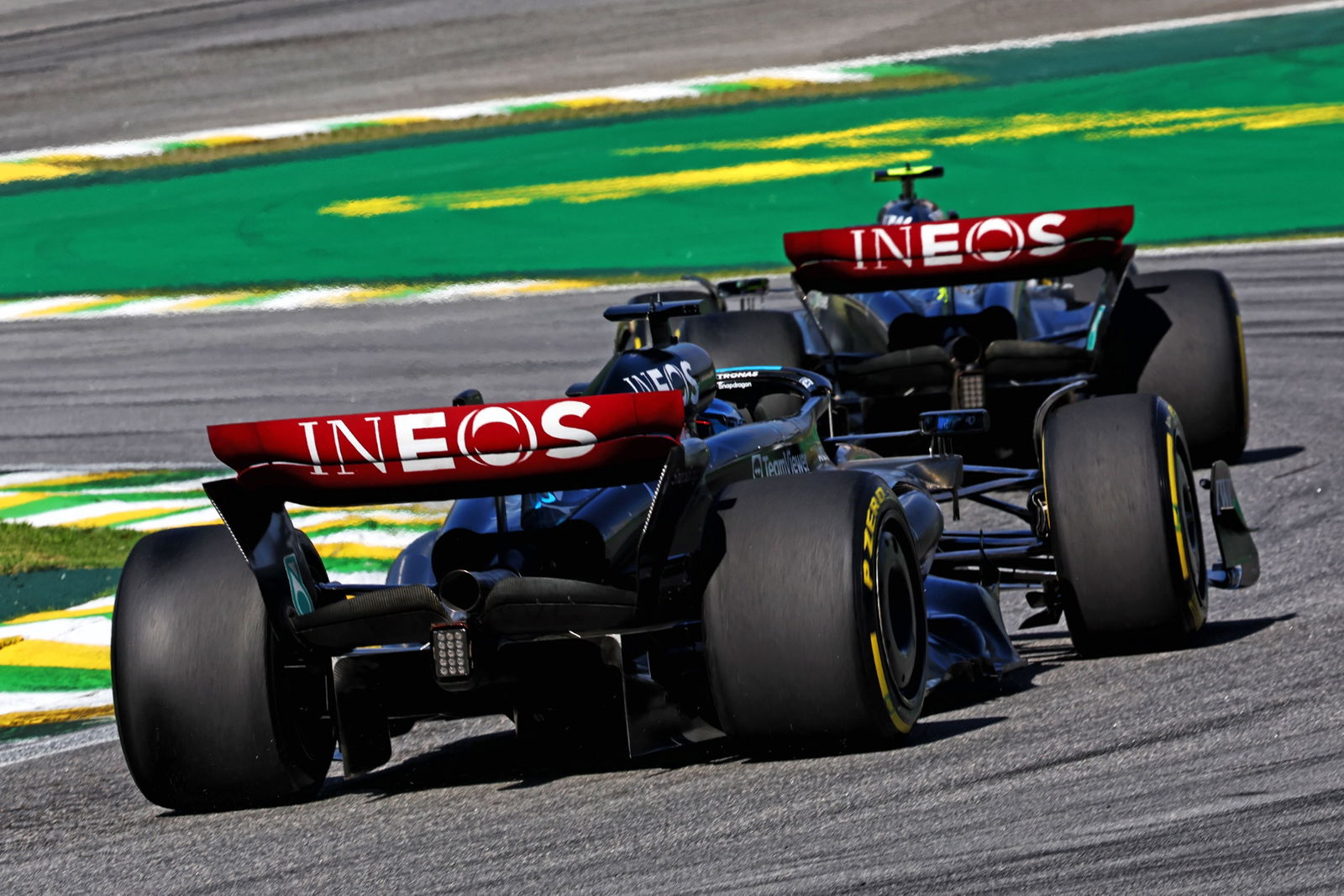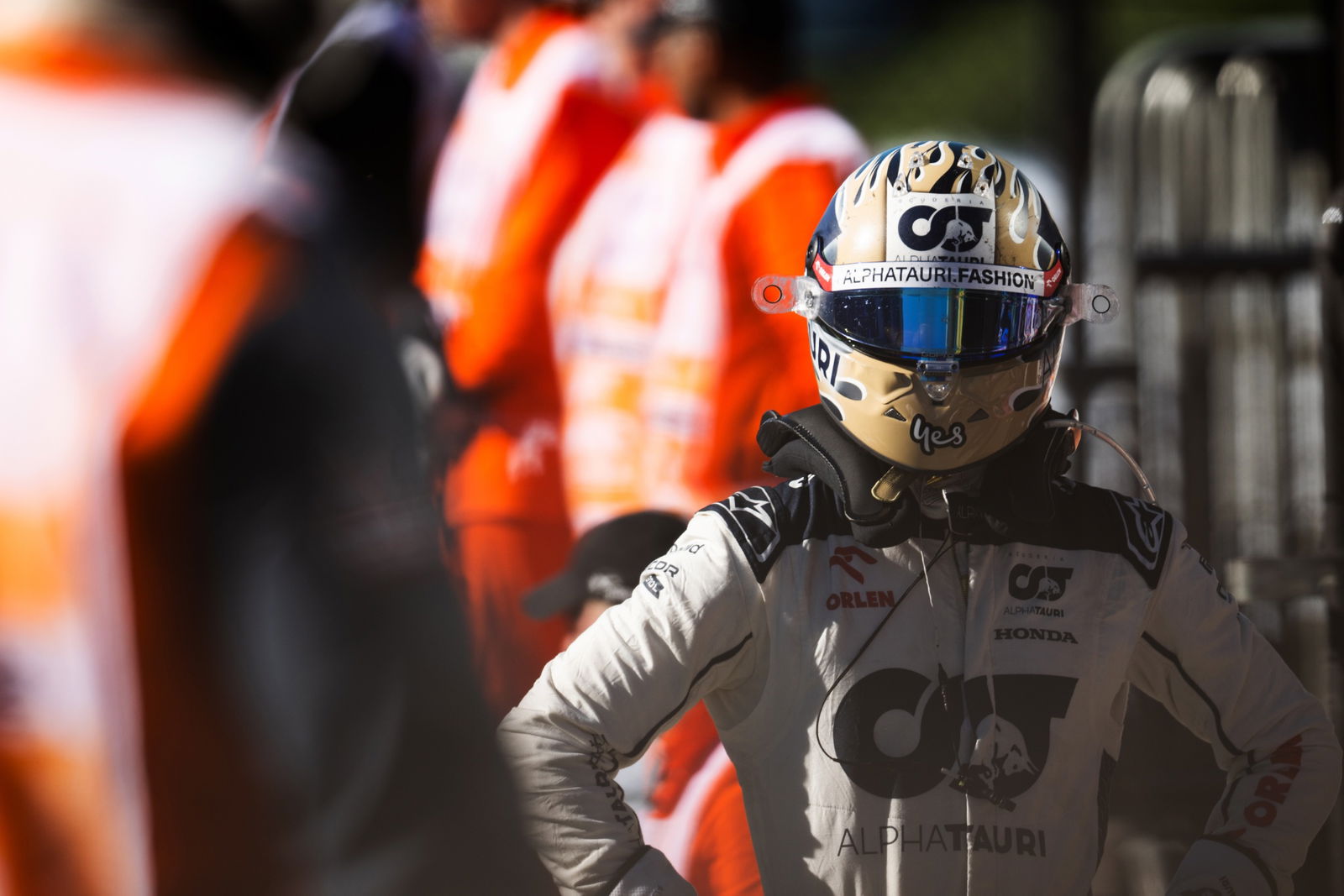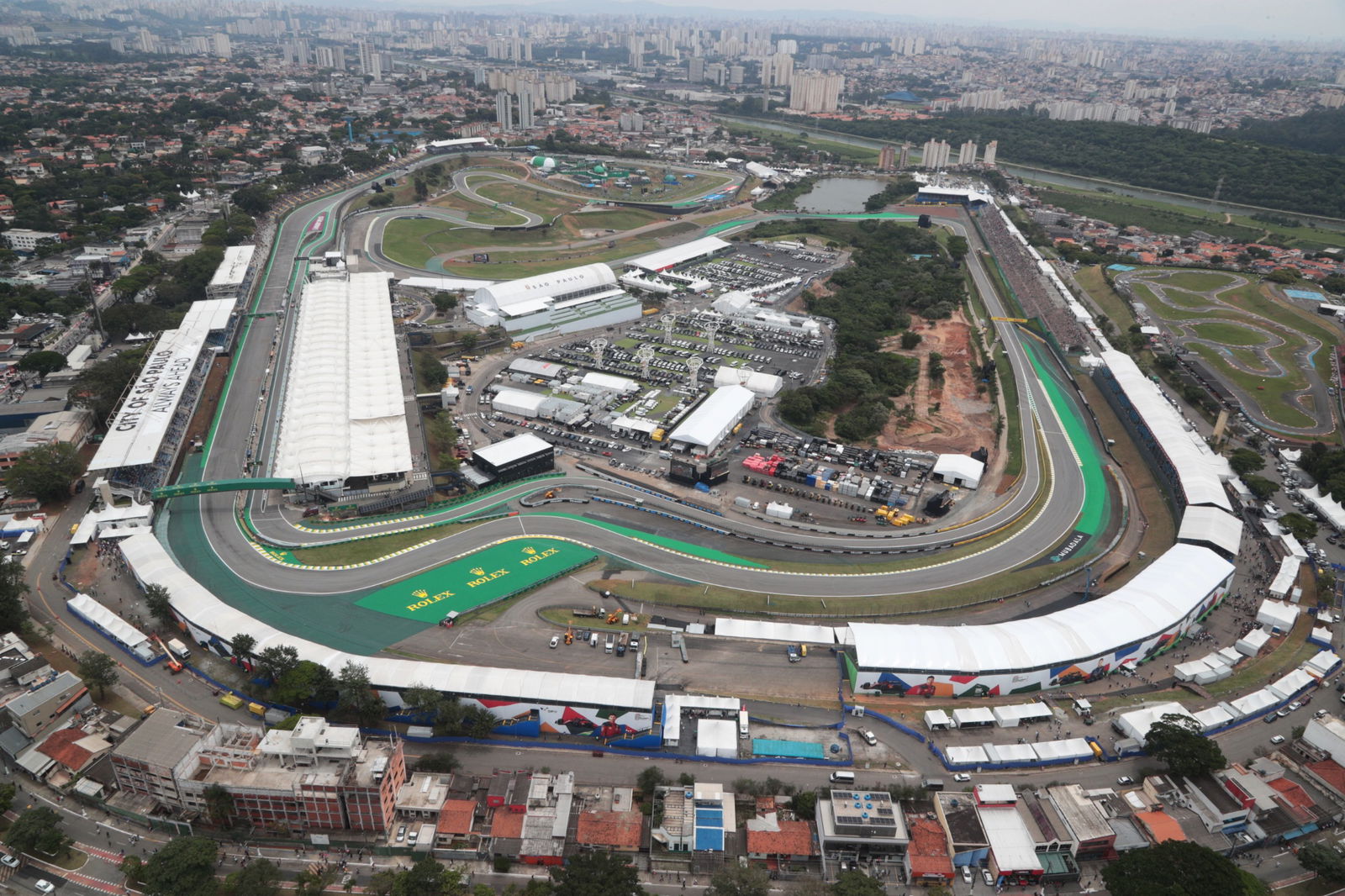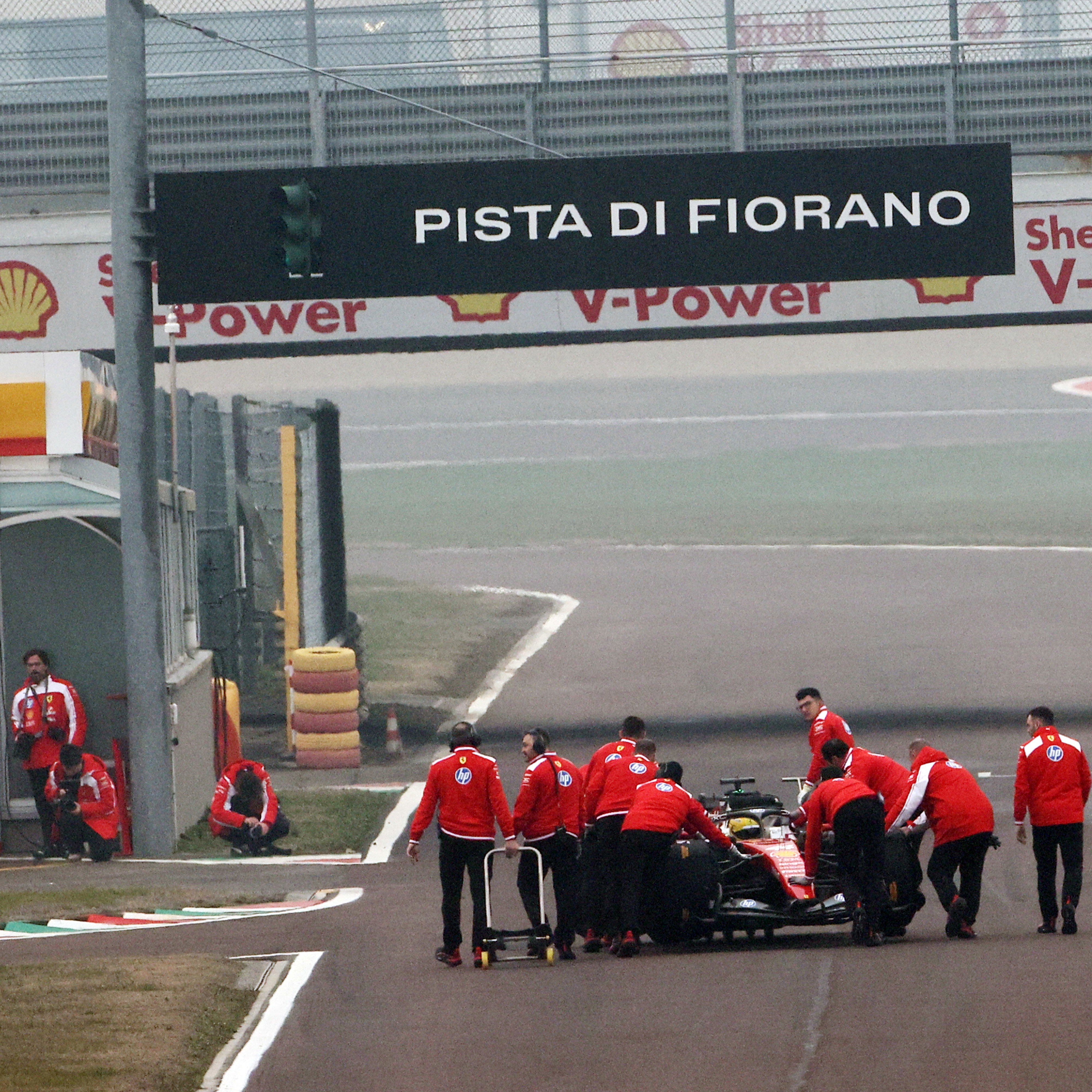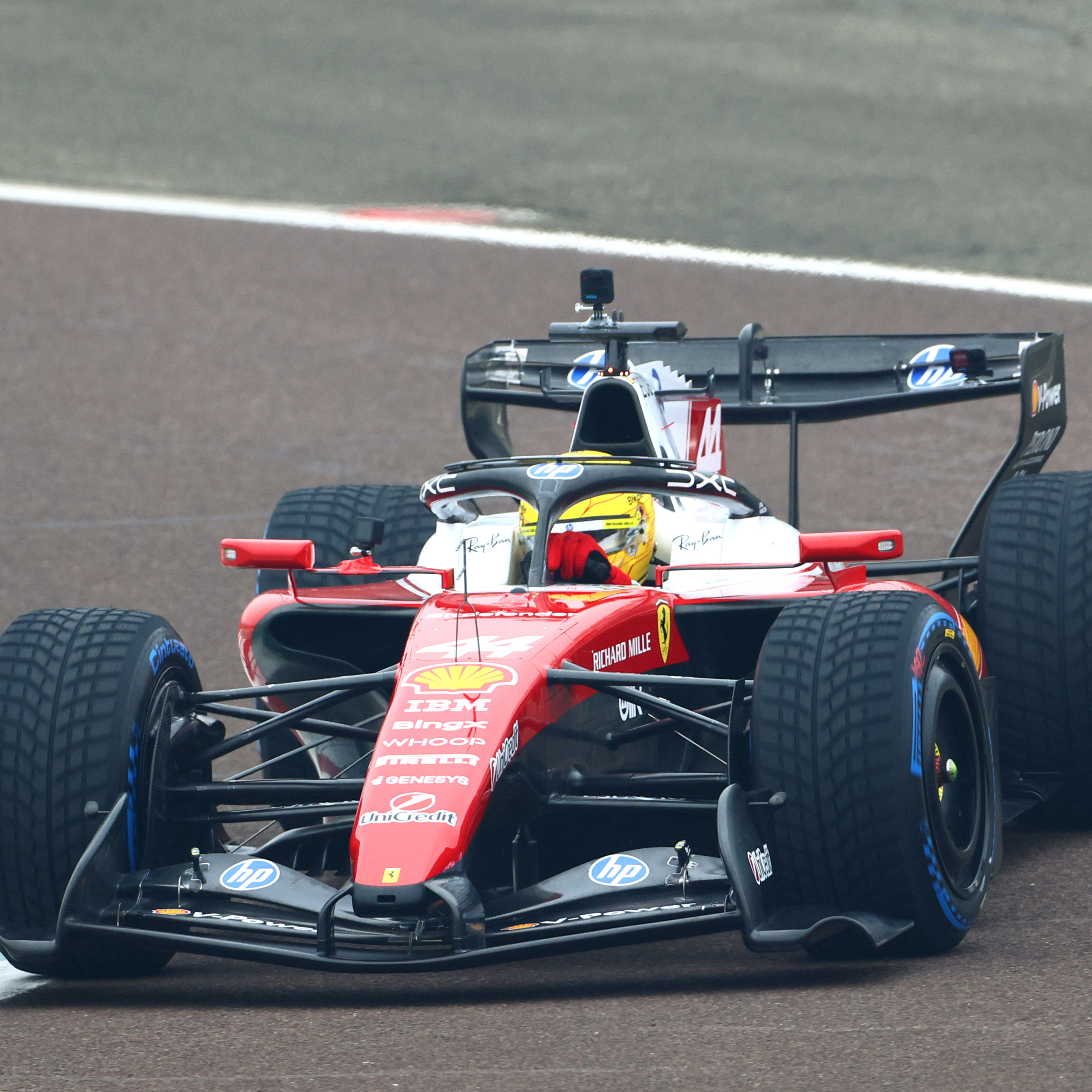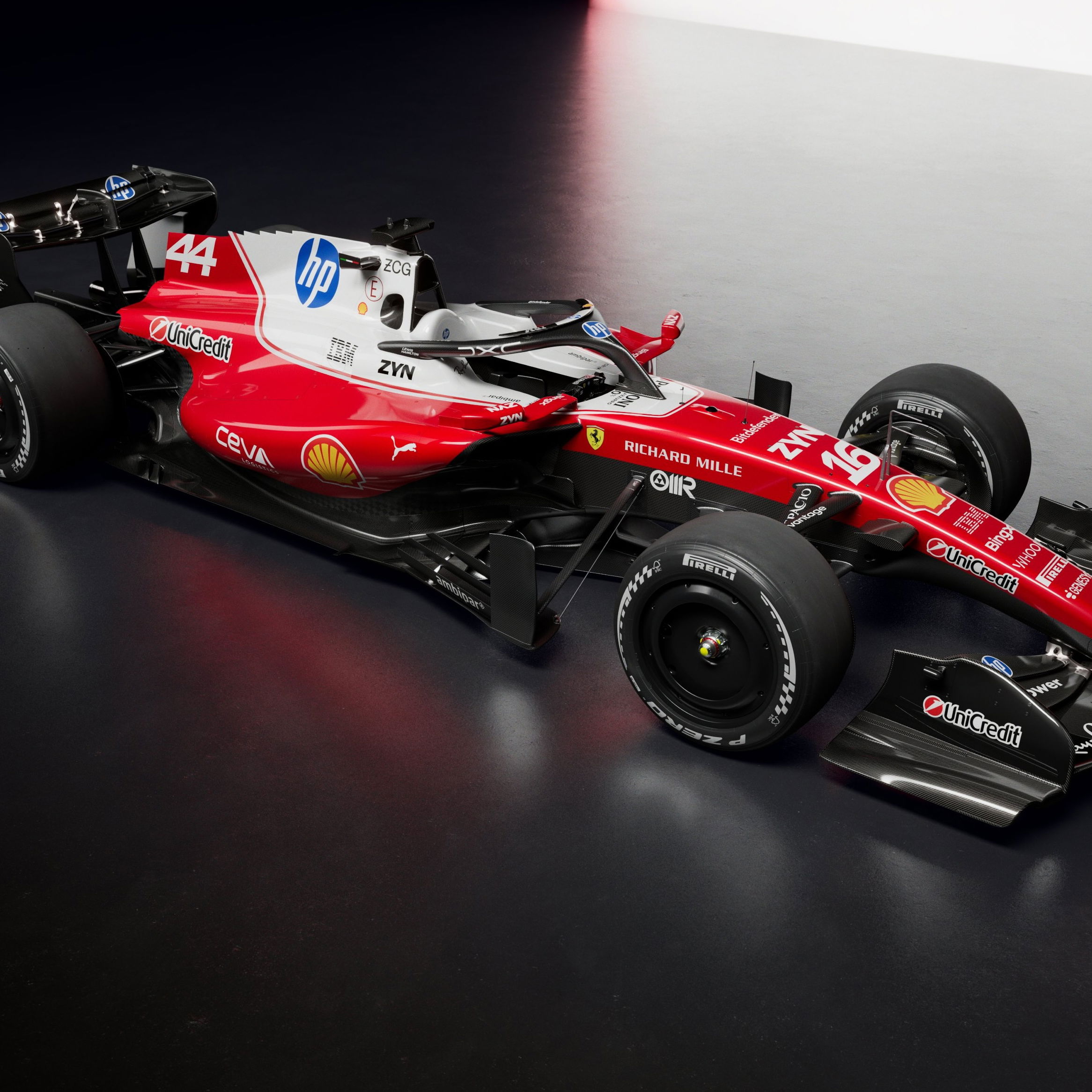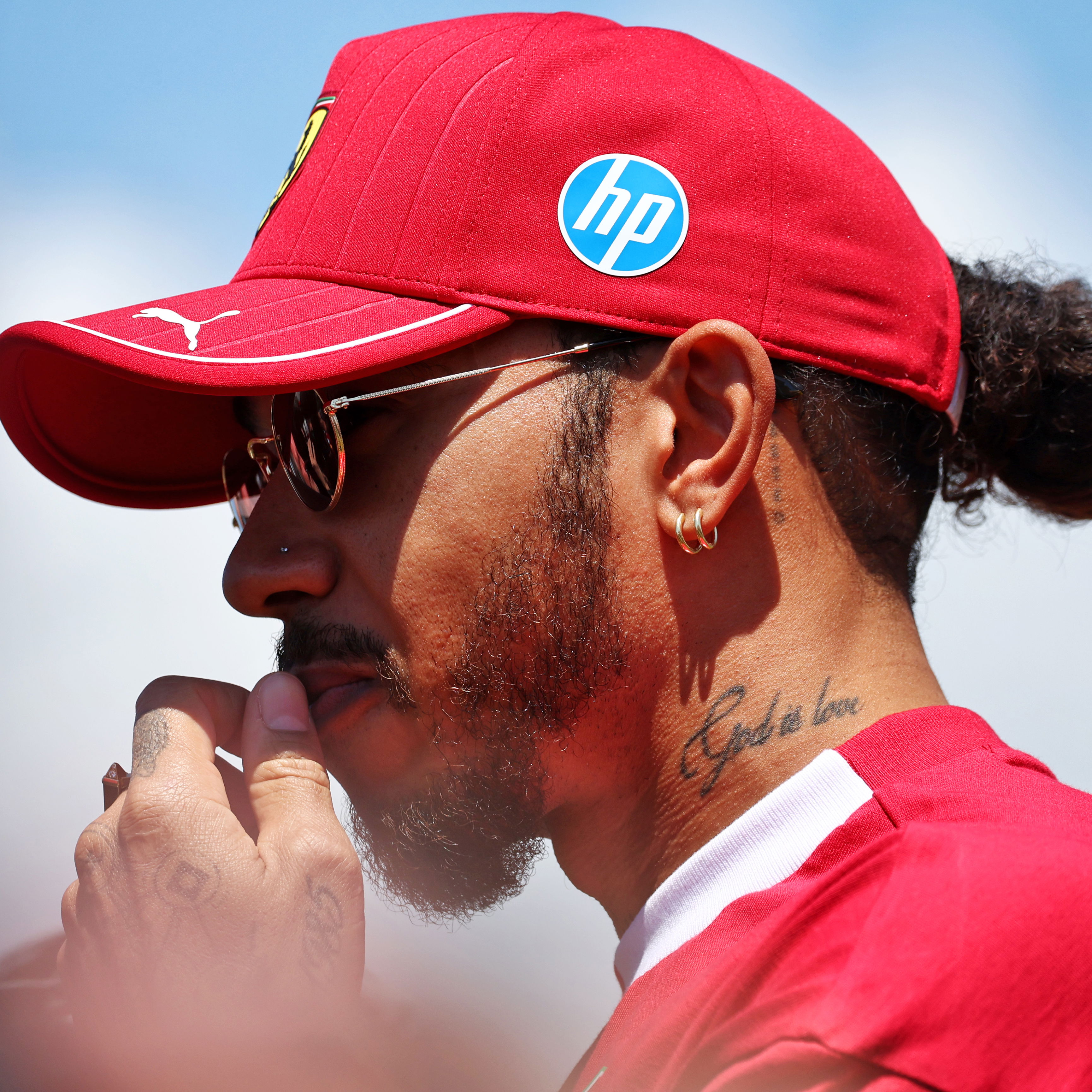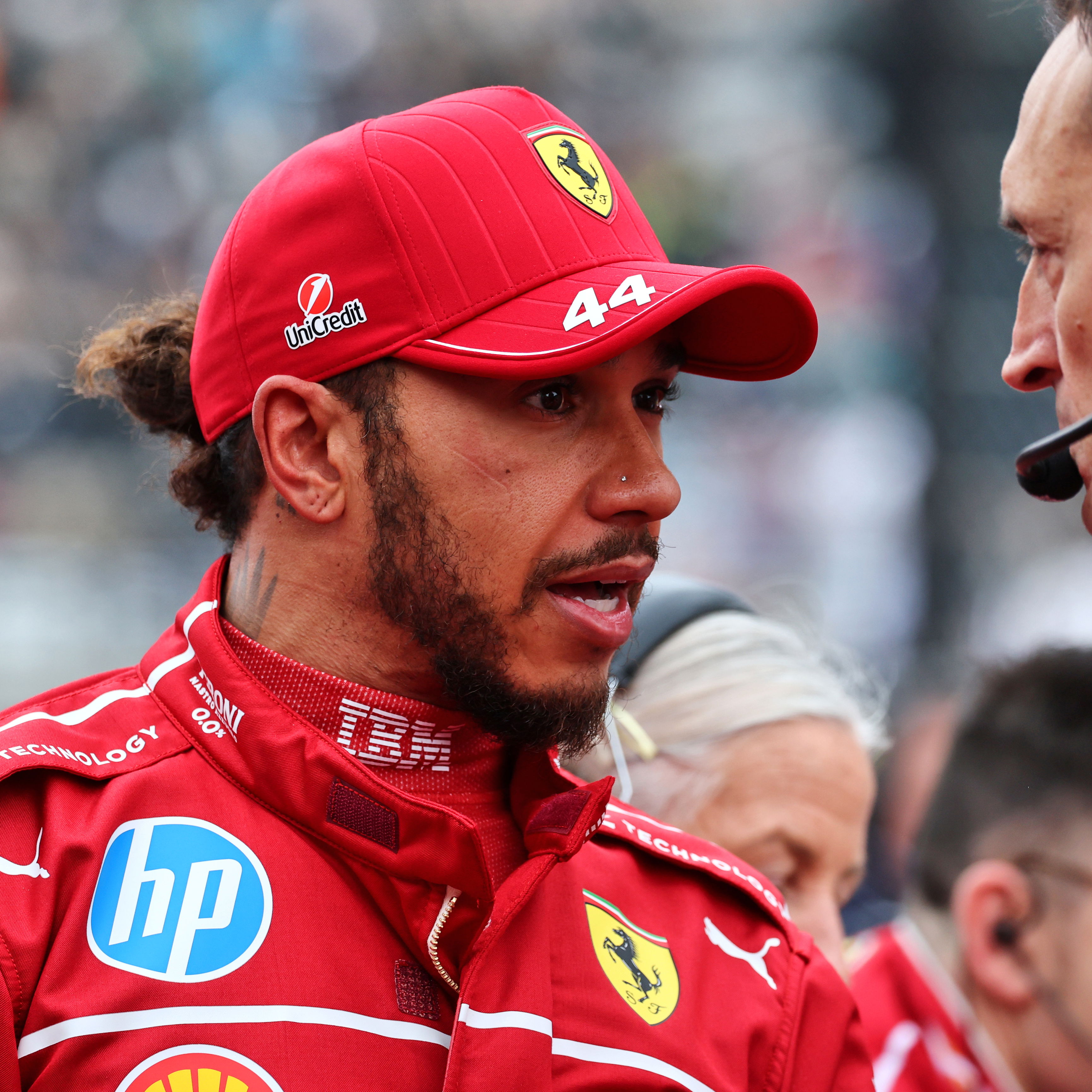What caused Mercedes to suffer their ‘worst weekend in 13 years’ at the F1 Sao Paulo Grand Prix?
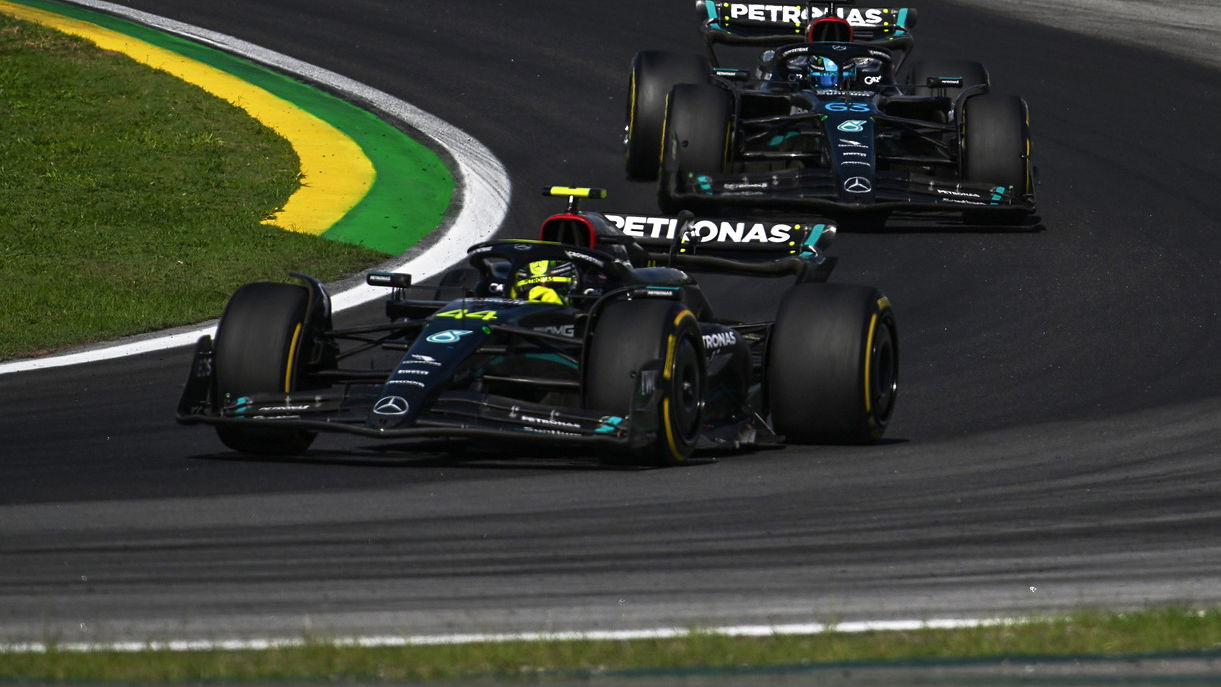
Mercedes’ had been cautiously optimistic heading into the weekend, given George Russell had led a Silver Arrows 1-2 at Interlagos last year, and the team arrived in Brazil off the back of an encouraging pair of races.
Despite Lewis Hamilton’s eventual disqualification from the United States Grand Prix, his brilliant drive to second in Austin, followed by the same result in Mexico City, had raised Mercedes’ hopes.
But any dreams of claiming a first win of 2023 quickly came crashing back down to earth in what turned out to be a miserable and deflating weekend for Mercedes.
After an underwhelming show of competitiveness over one lap in Friday qualifying, Mercedes suffered from a sudden loss of pace in Saturday’s sprint race, highlighted by Hamilton’s slide to seventh as he struggled with unexpected and excessive tyre wear.
There were fears of a repeat in Sunday’s grand prix, where things went from bad to worse. Hamilton tumbled down to a disappointing eighth, while Russell was running outside of the points in 11th when he was told to retire with a cooling issue that left his engine on the brink of failing.
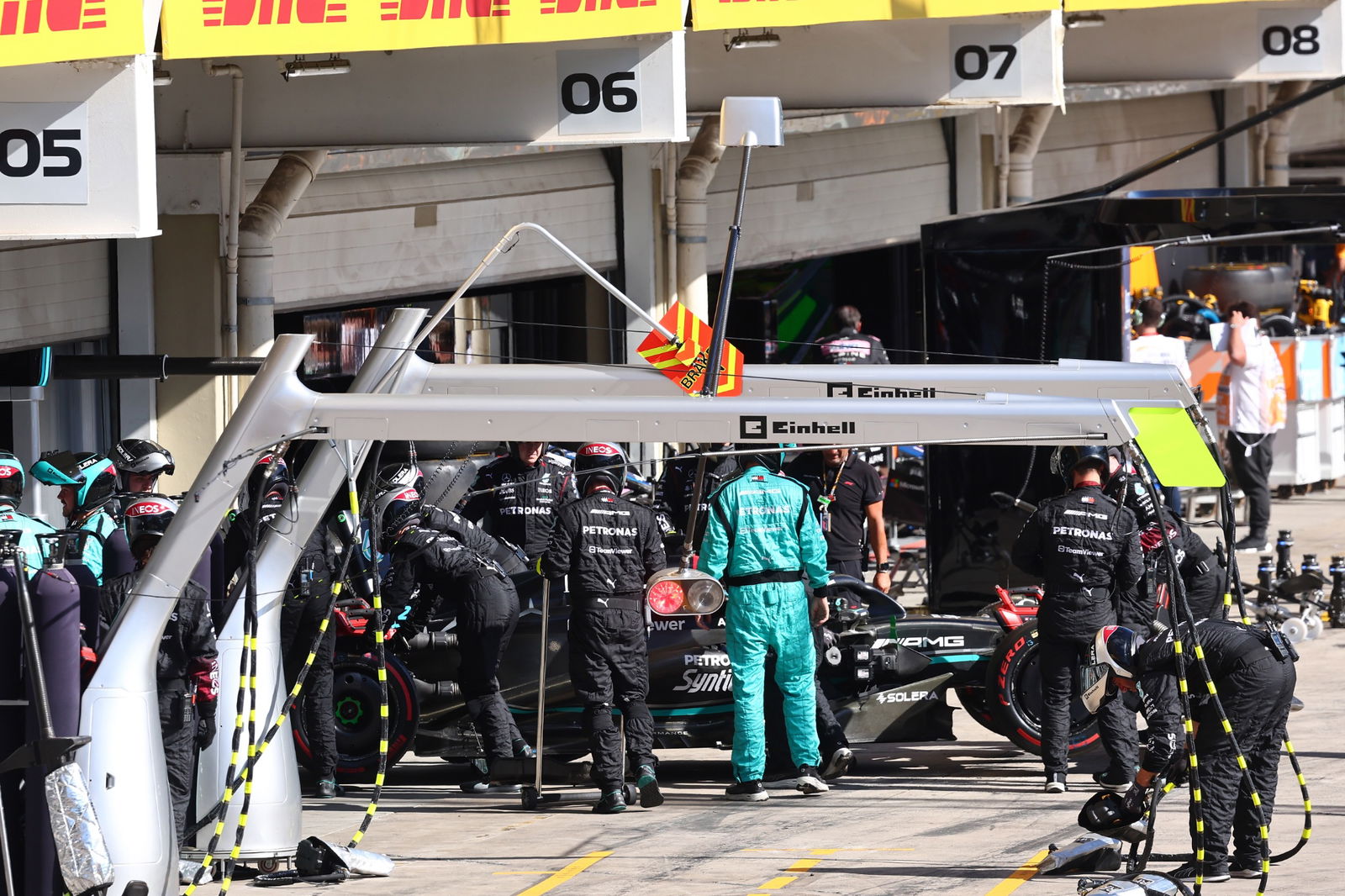
It was a bruising afternoon for F1’s once-dominant force who now face the very real prospect of enduring a winless season for the first time since 2011.
But what was behind a performance that was labelled as “inexcusable” by Mercedes boss Toto Wolff?
Hamilton suspected that the floor of his Mercedes W14, which was upgraded at the US GP, was the key factor to blame.
"My guess is that the floor is not working,” the seven-time world champion suggested.
“It is not sucking down and it's pushed us to a higher wing and then we are massively draggy on the straights and sliding in the corner. We have to look into why that is the case on this rough circuit.
"The tyres were overheating, slow on the straights, no grip in the corners.”
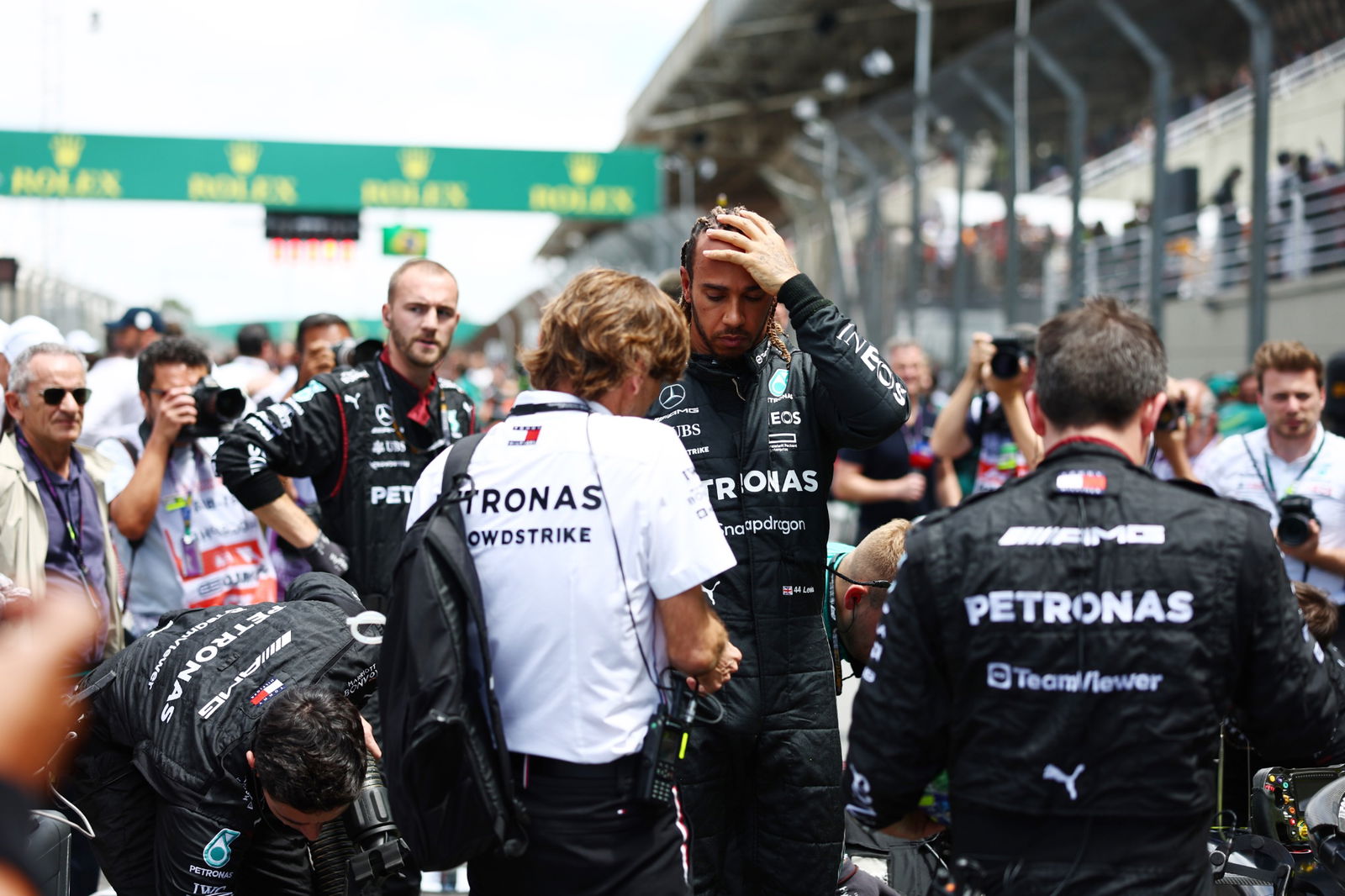
Mercedes were ultimately at a loss to explain their dramatic form drop-off in Brazil, with Wolff describing it as “totally baffling”.
“Swings [of performance] are on, but swings are not on from being almost quickest to being wherever we ended up...eighth,” he said. “For me, personally, the worst weekend in 13 years.
“Totally baffling. At the same time unacceptable for all of us. We are a proper structure, solid team and that didn't look like a solid team.
“Within three consecutive races you're finishing a strong second, and both of them challenging Max, and then a week later you're ending up nowhere. I believe this is just not on.”
Was it just a case of a set-up mistake, or is there a more concerning and deep-rooted problem Mercedes are yet to discover?
While there was no simple answer, Wolff did admit that Mercedes went too conservative with their ride height, though he stressed that wasn’t the “main reason” for their glaring lack of performance.
"We ran the car way too high and you carry that on. But that wasn't the main reason for an absolute off-weekend,” Wolff explained.
"There is something fundamentally wrong mechanically. It's not a rear wing or the car being slightly too high. We are talking a millimetre or two. It is performance but it is not the explanation for a total off-weekend.
“From a really quick car, the best balanced and drivers happy, to a nightmare. How's that even possible? What is it? What is it that's not right?
"I wouldn't be surprised that we analyse the cars in the next few days and we find out that there was a mechanical issue in the way we set them up or something. But I don’t know what it will be.”
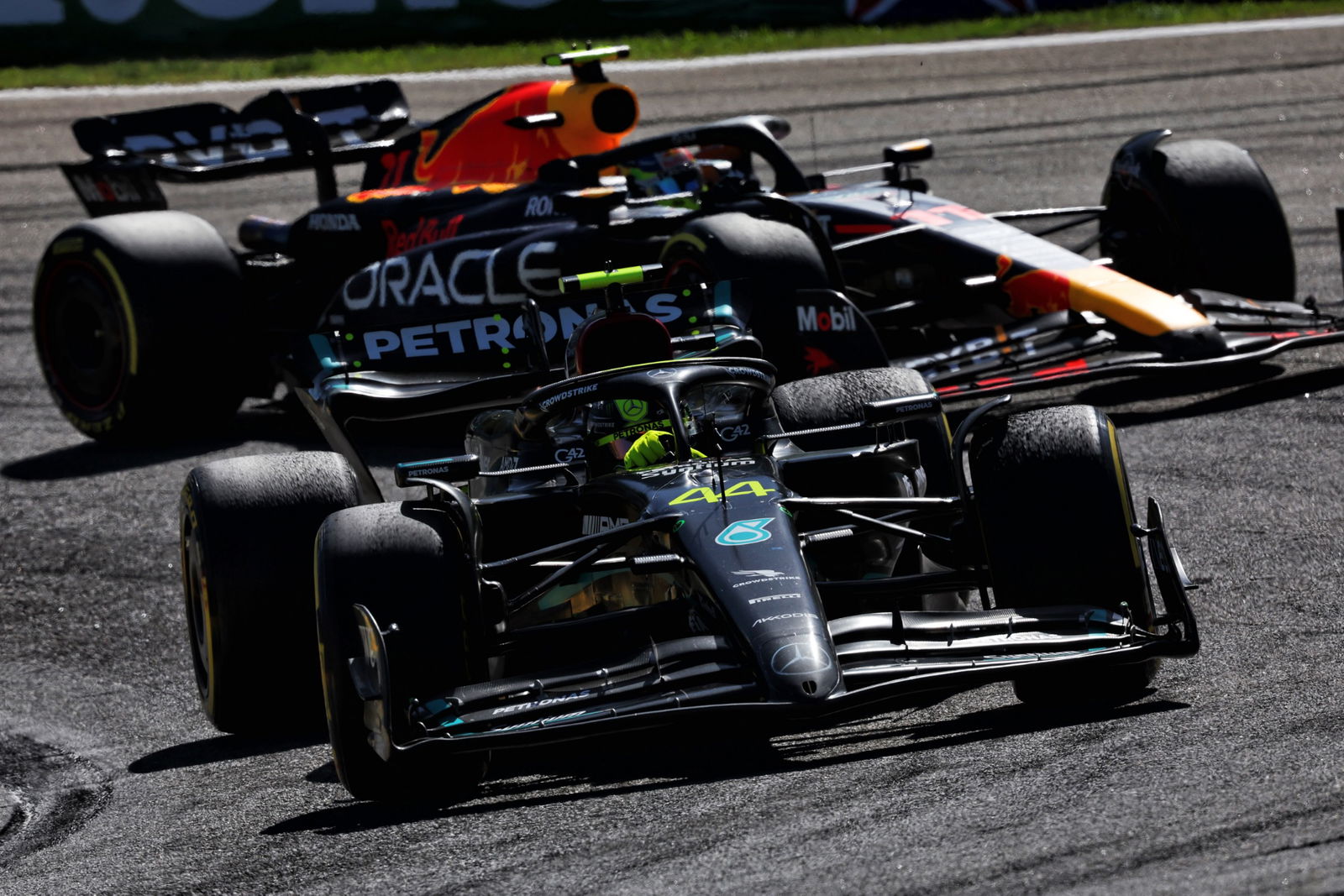
Mercedes’ setback in Brazil was bad timing. It came just when the team felt they were starting to get a handle on things and were gaining some much-needed momentum ahead of a crucial winter in which they hope to close the gap to Red Bull.
It also confirmed - if any more proof was needed - the flaws in their W14 design and underlined the gulf between their 2023 challenger and Red Bull’s far superior RB19.
That was the realisation that appeared to dawn on a downbeat Hamilton, who gloomily predicted Red Bull will most likely continue to rule the roost for “the next couple of years”.
"This car, the development has been more plasters we put on something not right, and it shows that it is so unpredictable that it can swing either side,” Wolff added.
"We will have a fundamentally different car next year and this confirms that is the right thing to do.”
Whether it turns out to be a blip, or a worrying sign that Mercedes are still lost in understanding F1’s new era of regulations, remains to be seen.
What is for sure is that there will be plenty of head-scratching going on back at Brackley.
